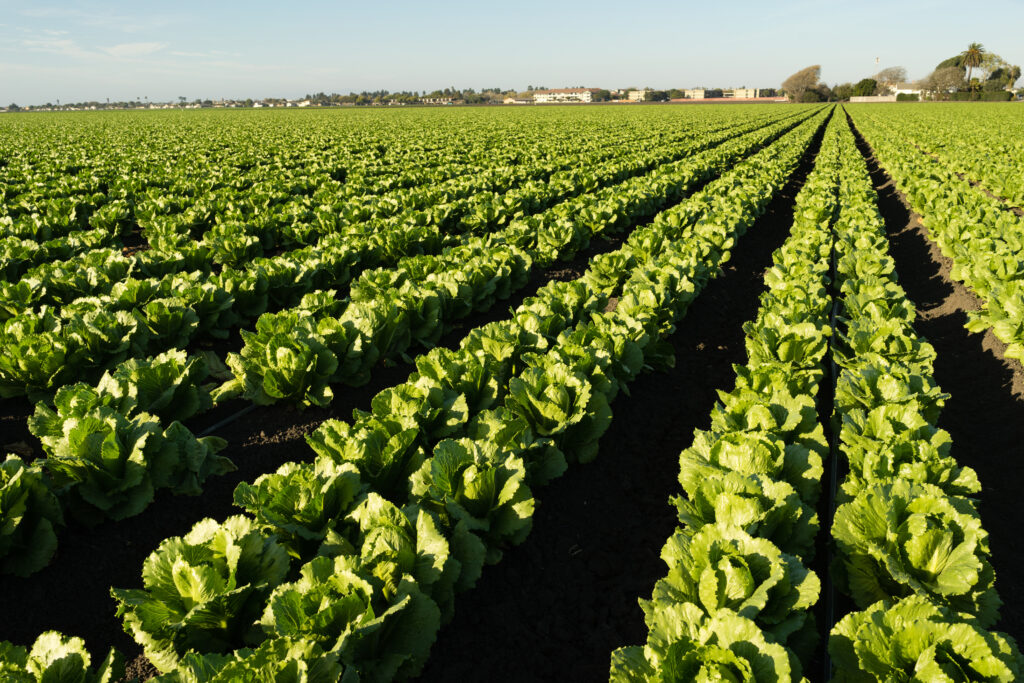Summary of Synergistic Action of a Microbial-based Biostimulant and a Plant Derived-Protein Hydrolysate Enhances Lettuce Tolerance to Alkalinity and Salinity
Biostimulant Boosts Lettuce: Improving Growth under Stress Conditions
Biostimulant Boosts Lettuce growth and resilience, offering a sustainable approach for farmers facing increasing challenges from climate change. Lettuce (Lactuca sativa L.) is particularly sensitive to salinity and alkalinity stress, which can reduce yield, biomass, and nutrient balance. The application of plant biostimulants, including microbial inoculants and plant-derived protein hydrolysates (PHs), represents a promising strategy to enhance crop performance under these suboptimal conditions. Recent research demonstrates that the combined use of a microbial-based biostimulant (Tablet) with PH foliar sprays can significantly improve lettuce growth, nutrient uptake, and stress tolerance.
How Biostimulant Boosts Lettuce Yield
Greenhouse lettuce treated with Tablet, alone or with PH (2.5 ml L⁻¹ weekly), showed remarkable improvements in fresh marketable yield, shoot and root dry weight, and chlorophyll content. Under salt stress, untreated lettuce displayed decreased SPAD index, Fv/Fm ratio, and mineral composition, while alkali stress had milder effects. The biostimulant boosts lettuce by enhancing antioxidant enzyme activities (CAT and GPX) and promoting proline accumulation, which helps plants cope with osmotic and oxidative stress.
Root System and Nutrient Uptake Improvements
The synergistic effect of Tablet + PH was linked to a more extensive root system, with higher total root length and surface area. This promoted better uptake of essential nutrients such as phosphorus, potassium, and iron while limiting sodium accumulation under saline conditions. The improved root architecture contributed directly to the increased fresh yield and biomass observed in treated plants.
Sustainable Strategy for Lettuce Cultivation
Overall, the study confirms that a biostimulant boosts lettuce effectively and sustainably. Combining microbial biostimulants with plant-derived PHs provides an agronomical strategy to mitigate salinity and alkalinity stress, enhancing crop productivity and nutritional quality. This approach supports resilient lettuce cultivation in the context of global climate challenges.
Publication: Frontiers in Plant Science









